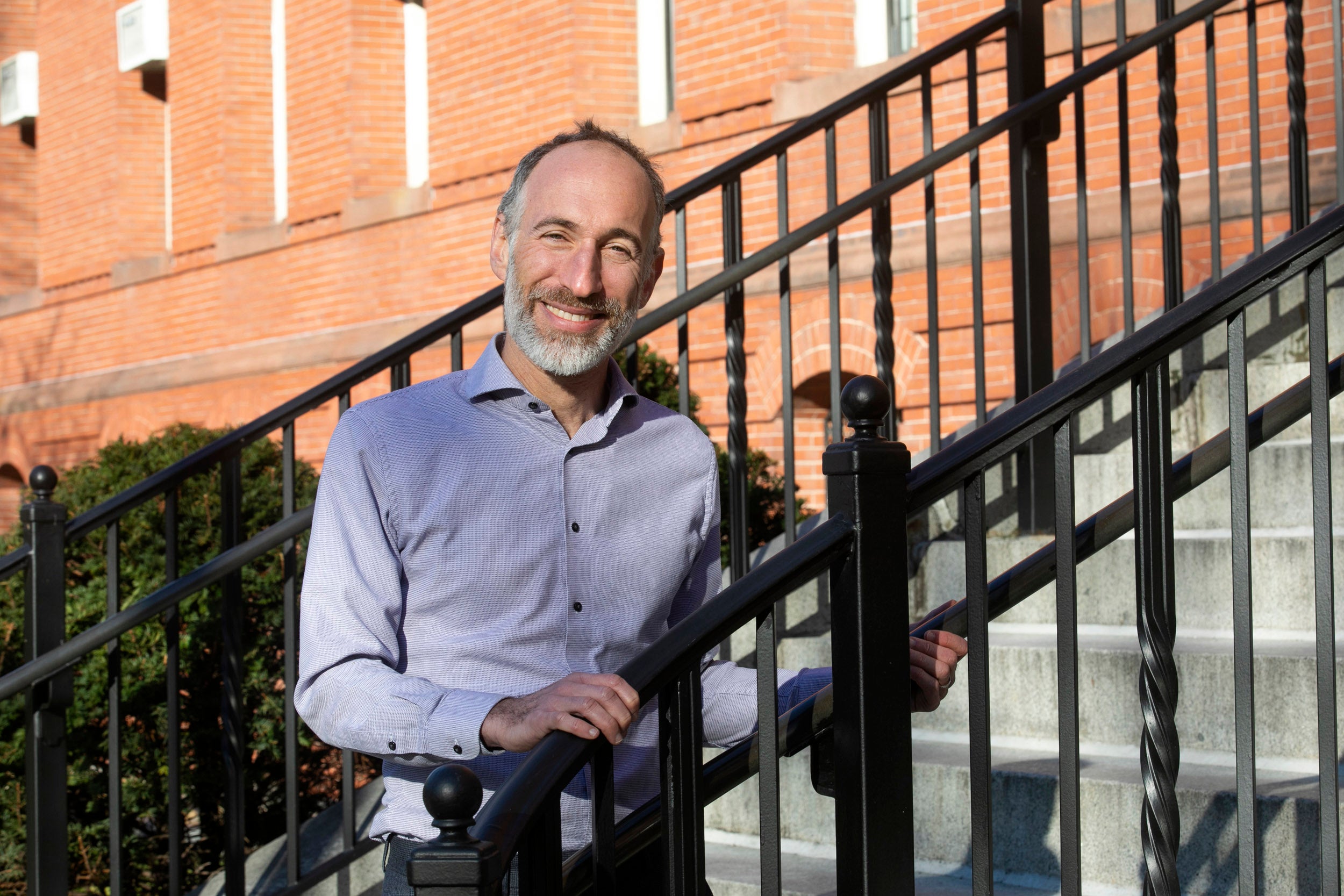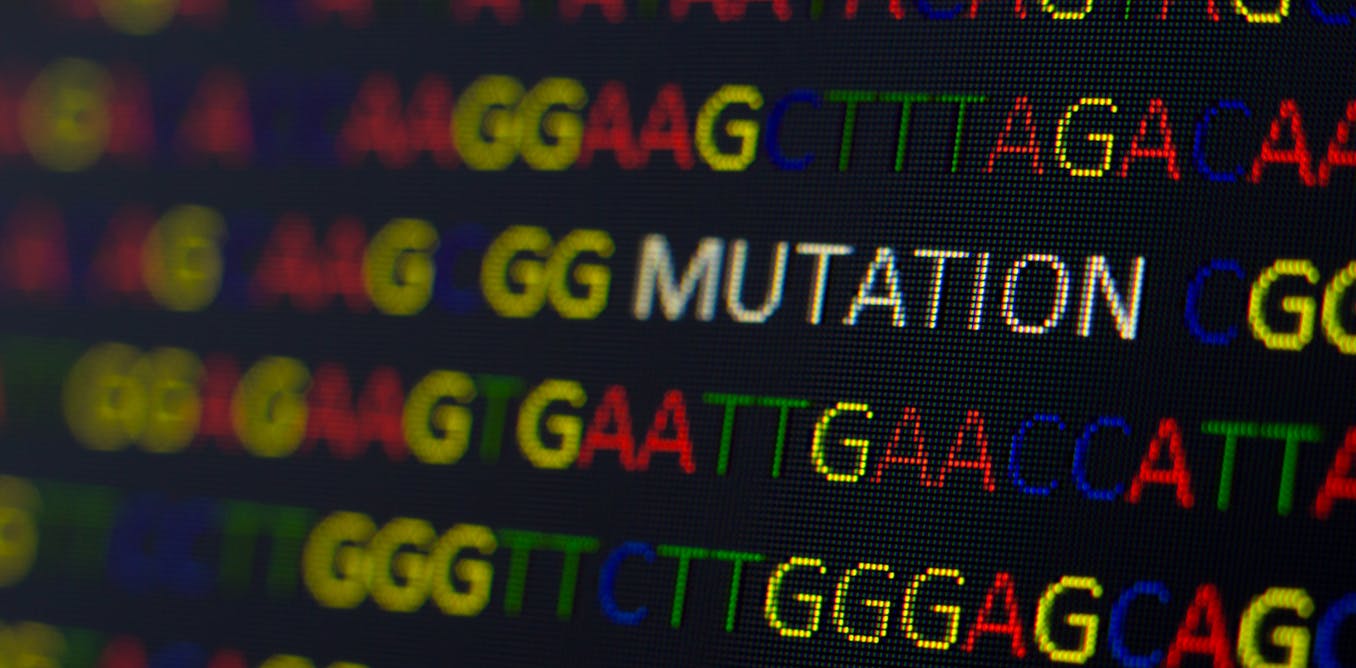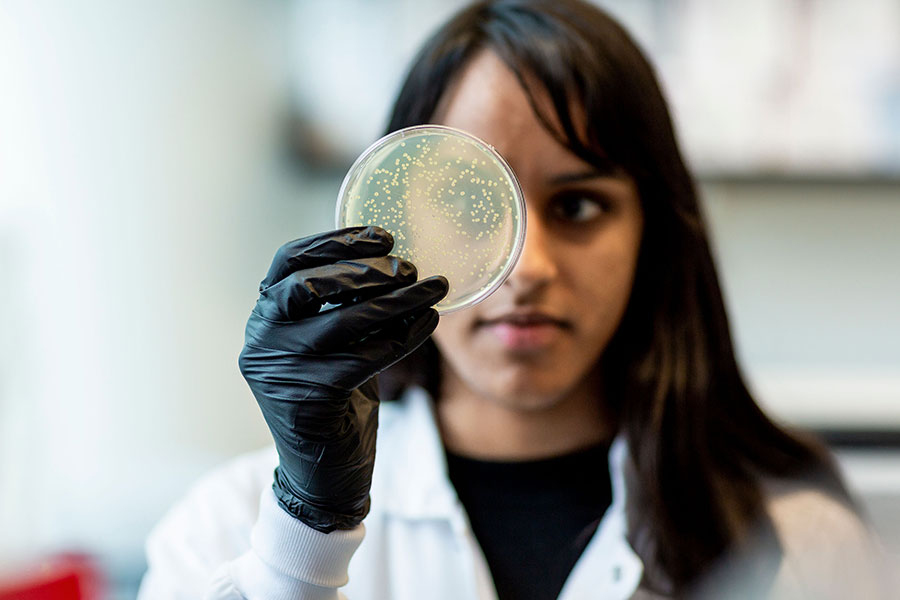Genomic sequencing: Here's how researchers identify omicron and other COVID-19 variants
DNA sequencing has allowed researchers to catch new COVID-19 variants hours after receiving the first positive test sample.
Crista Wadsworth, Assistant Professor in the Thomas H. Gosnell School of Life Sciences, Rochester Institute of Technology •
conversation
Dec. 20, 2021 • ~8 min
Dec. 20, 2021 • ~8 min
Charting changes in a pathogen's genome yields clues about its past and hints about its future
After a nose swab tests positive for a virus or bacteria, scientists can use the sample’s genetic sequence to figure out where and when the pathogen emerged and how fast it’s changing.
Sarah Nadeau, PhD Student in Computational Evolution, Swiss Federal Institute of Technology Zurich •
conversation
Dec. 1, 2021 • ~10 min
Dec. 1, 2021 • ~10 min
Large-scale genetic study reveals new clues for the shared origins of irritable bowel syndrome and mental health disorders
An international study of more than 50,000 people with irritable bowel syndrome (IBS) has revealed that IBS symptoms may be caused by the same biological
Cambridge University News •
cambridge
Nov. 5, 2021 • ~6 min
Nov. 5, 2021 • ~6 min
Whole genome sequencing increases diagnosis of rare disorders by nearly a third, study finds
Whole Genome Sequencing from a single blood test picks up 31% more cases of rare genetic disorders than standard tests, shortening the ‘diagnostic odyssey’
Cambridge University News •
cambridge
Nov. 4, 2021 • ~7 min
Nov. 4, 2021 • ~7 min
/
25









